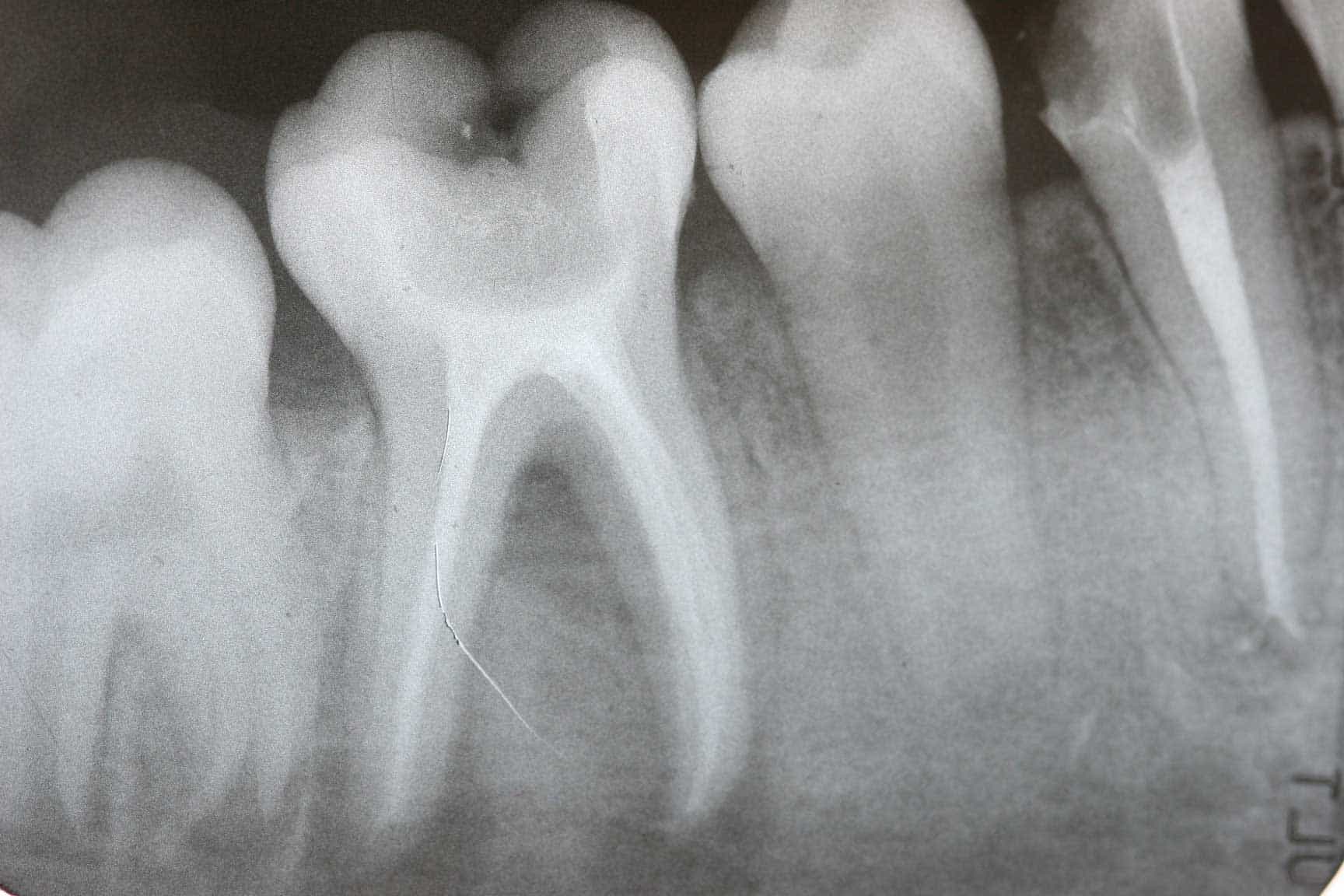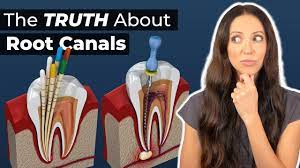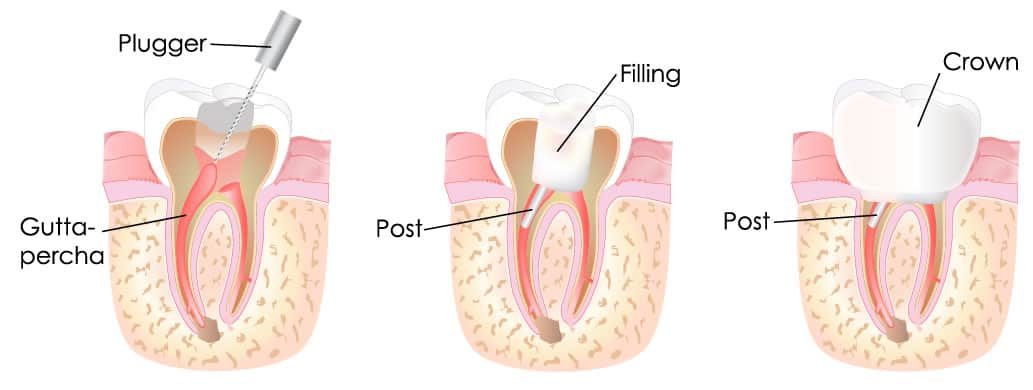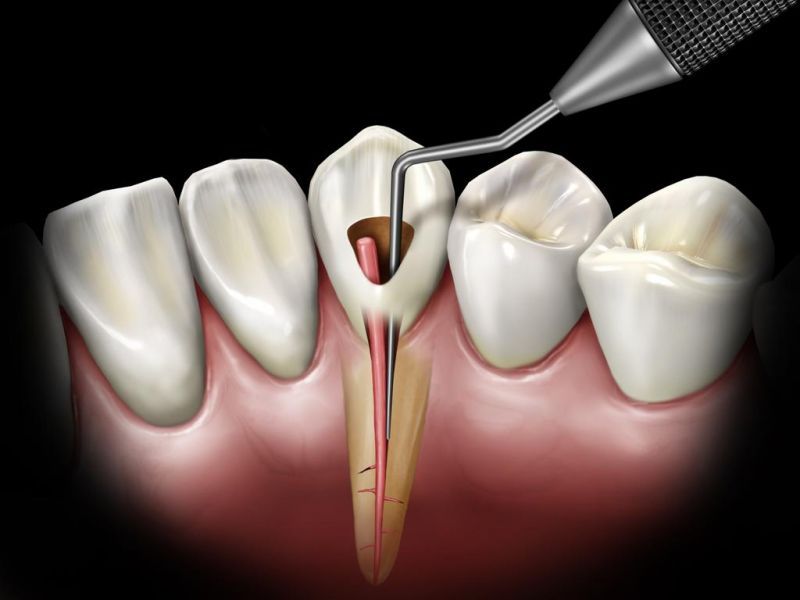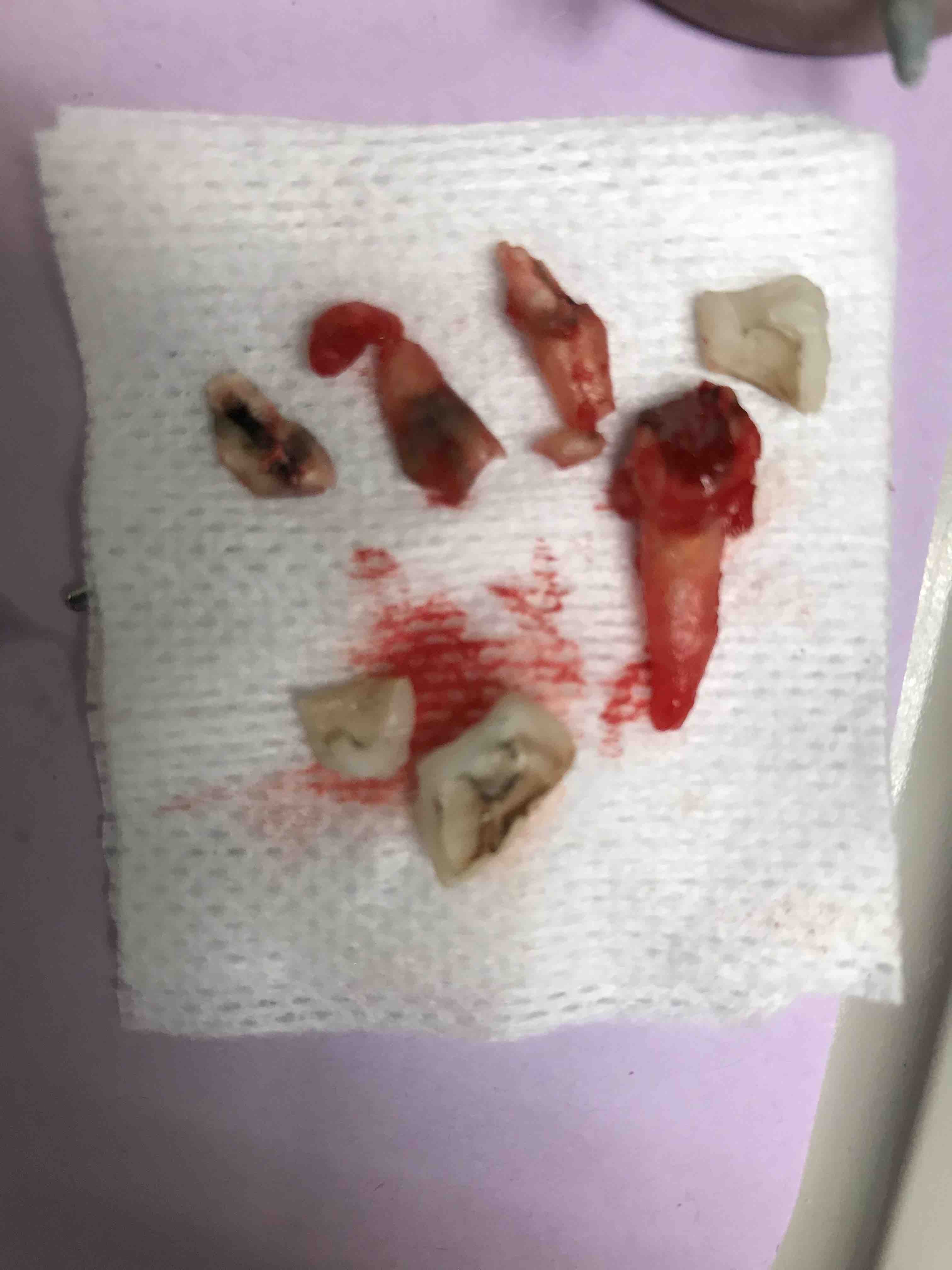When you search for a ‘biological dentist,’ you’re likely seeking a dental professional who prioritizes your overall health just as much as your oral health. But what does a biological dentist do differently, and how can their holistic approach transform your dental visit? A biological dentist uses materials and treatments that are in harmony with your body’s natural processes, offering a forward-thinking approach to dental care.
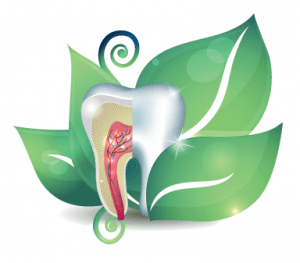
Important Points about Biological Dentistry
- Biological dentistry prioritizes whole-body health by using biocompatible materials, employing minimally invasive practices, and viewing oral health as integral to general well-being.
- Biocompatibility testing, like the Clifford and MELISA tests, is crucial in biological dentistry to ensure that dental materials are safe and non-toxic for each individual’s unique biology.
- Biological dentistry differs from traditional dentistry by focusing on root causes of dental issues, integrating nutrition and lifestyle into treatment plans, and offering stress-free and holistic patient care.
How Biological Dentistry is Different Video
Exploring the Core of Biological Dentistry
Imagine a field of dentistry that not only focuses on your oral health but also prioritizes your overall well-being. This is the essence of biological dentistry. Biological dentists are like guardians of health, using biocompatible materials such as ceramic and BPA-free substances in treatments, while steering clear of metals.
The holistic dentistry approach views oral health as a window to your overall health, aiming to optimize both for a balanced and vibrant existence. The focus is on:
- Minimally invasive practices to conserve tooth structure
- eliminating toxins from the mouth such as mercury in amalgam fillings
- treating infections present in the mouth such as failed root canals, cavitations and periodontal disease
- diagnosing airway and TMJ problems that can cause poor sleep and head and neck pain
- Reducing surgical interventions
- Ensuring that your body is subjected to as little trauma as possible.
The Philosophy of Biological Dentists
In the realm of biological dentistry, every patient is unique, and their dental care should be too. This philosophy is reflected in the patient-centered approach, where each individual’s treatment plan takes into account their unique oral and systemic health. The intrinsic connection between oral health and overall well-being is acknowledged, paving the way for a holistic approach to patient care that transcends the confines of traditional dentistry.
An integral part of biological dental care is educating patients about the mouth-body connection, including the importance of a dental examination. This means stressing the importance of maintaining overall health for optimal dental care and vice versa. It’s a philosophy that goes beyond treating symptoms, aiming to empower patients with the knowledge to take charge of their health.
Biological Dentists: Guardians of Your Whole Body Health
Biological dentists wear many hats. Adult and pediatric holistic dentistry. There are many benefits to biological and holistic dentistry. Not only do they cater to your oral health, but they also take into account your physical, emotional, and energetic aspects to provide dental care that does no harm. This holistic approach is what sets biological dentists apart from traditional dentists.
Inflammation from poor oral health conditions like periodontal disease can lead to systemic health issues like cardiovascular degeneration due to toxins entering the bloodstream. Biological dentists are proactive in identifying and addressing such issues, working hand in hand with other healthcare professionals to perform screenings for systemic health conditions during dental appointments.
Moreover, biological dentists are committed to using mercury-free dental materials. This is particularly crucial for the health of pregnant women and the development of their babies’ brains and neurological systems. By choosing a holistic dentist, you’re opting for a guardian of your whole body health.
The Role of Biocompatibility Testing in Personalized Dental Care
In the world of biological dentistry, one size does not fit all. This is where biocompatibility testing comes in. These tests ensure that biocompatible dental materials used do not cause toxicity or adverse reactions, tailored to an individual’s unique biological makeup.
Two specialized blood tests, the Clifford biocompatibility test and the MELISA test, are used to identify individual sensitivities to various dental materials. The Clifford test provides a list of suitable materials for a patient’s dental care by detecting antibodies that signal sensitivities, while the MELISA test is specifically used to detect delayed hypersensitivity to metals such as gold and titanium.
Patients with metal sensitivities or allergies may find metal-free fillings, such as those made from composite resin, a suitable and biocompatible option as indicated by the test results.
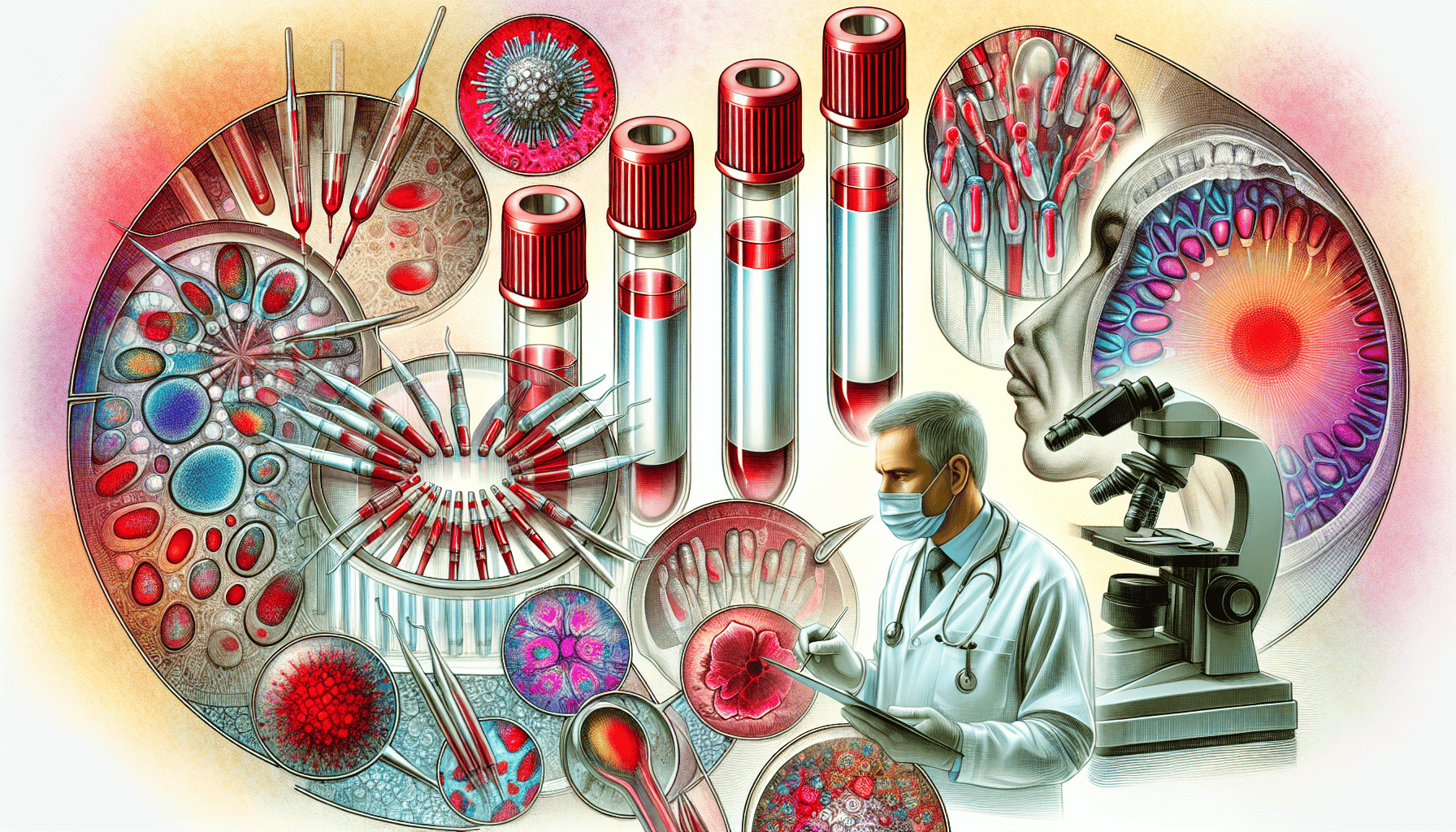
Mercury-Free and Metal-Free Restorations: A Safer Approach to Dental Health
Biological dentists take a safer approach to dental health, offering:
- Mercury-free and metal-free restorations
- Strict protocols for the removal of amalgam fillings to prevent mercury exposure
- Mercury level testing to distinguish between different forms of mercury in the body
- Biocompatible materials, like porcelain, that are safe and aim to reduce the patient’s toxic load
- A safe treatment environment
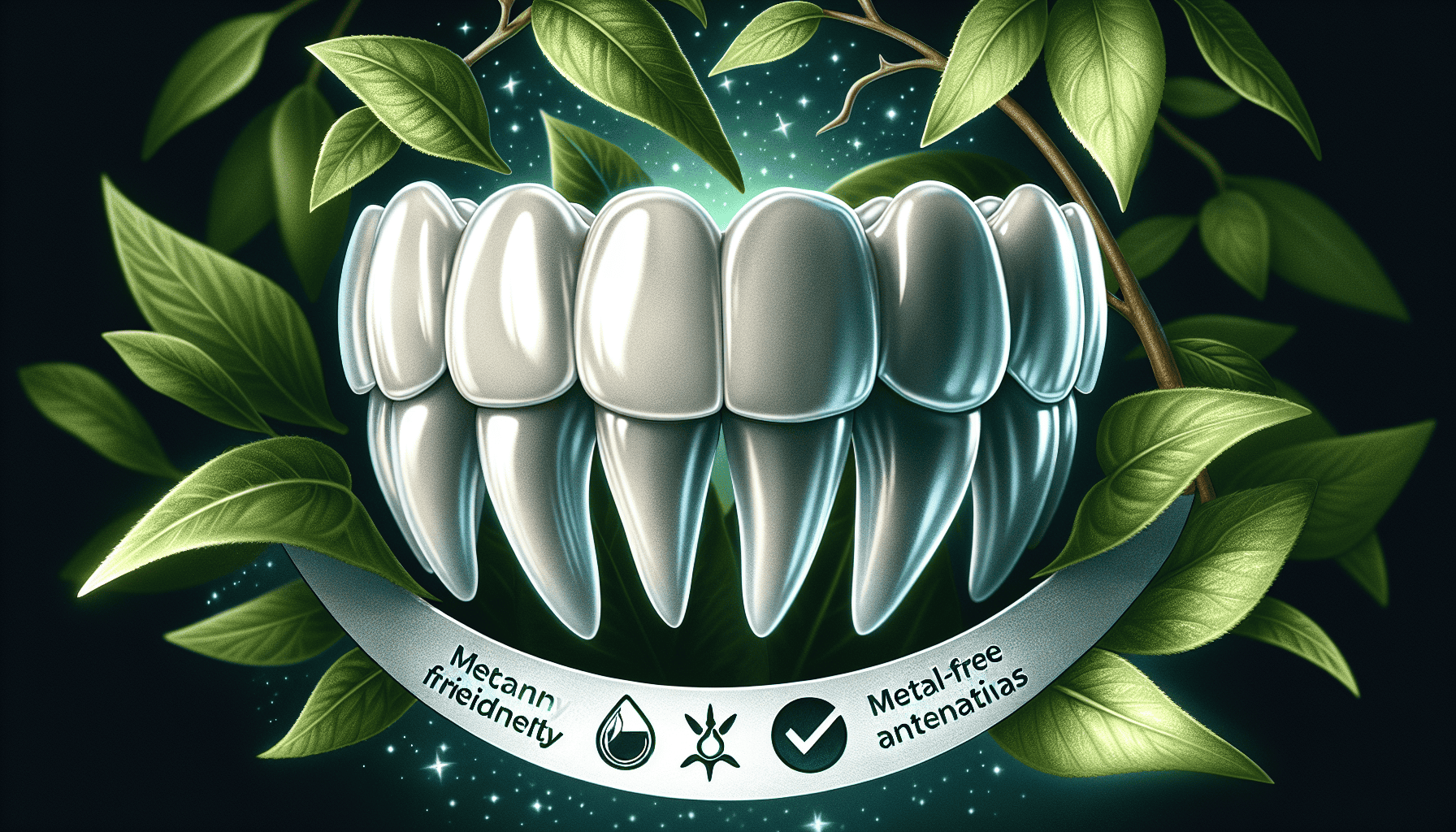
These mercury-free and metal-free restorations have several benefits:
- They closely resemble natural tooth appearance
- They can be stained to match other teeth
- They enhance the tooth’s strength by bonding to the existing tooth structure
- They prevent leakage and offer an environmentally friendly alternative to amalgam
Biological dentists use these fillings to repair microfractures, preventing further decay and protecting against systemic diseases.
Advanced Treatments Offered by Biological Dentists
Biological dentistry is not just about using safe materials but also about embracing advanced treatments. Biological dental offices are equipped with modern technologies such as:
- Air abrasion
- Ozone therapy
- Laser therapy
- CAD/CAM/CEREC
These advanced treatments enable biological dentists to provide safer and more effective dental care.
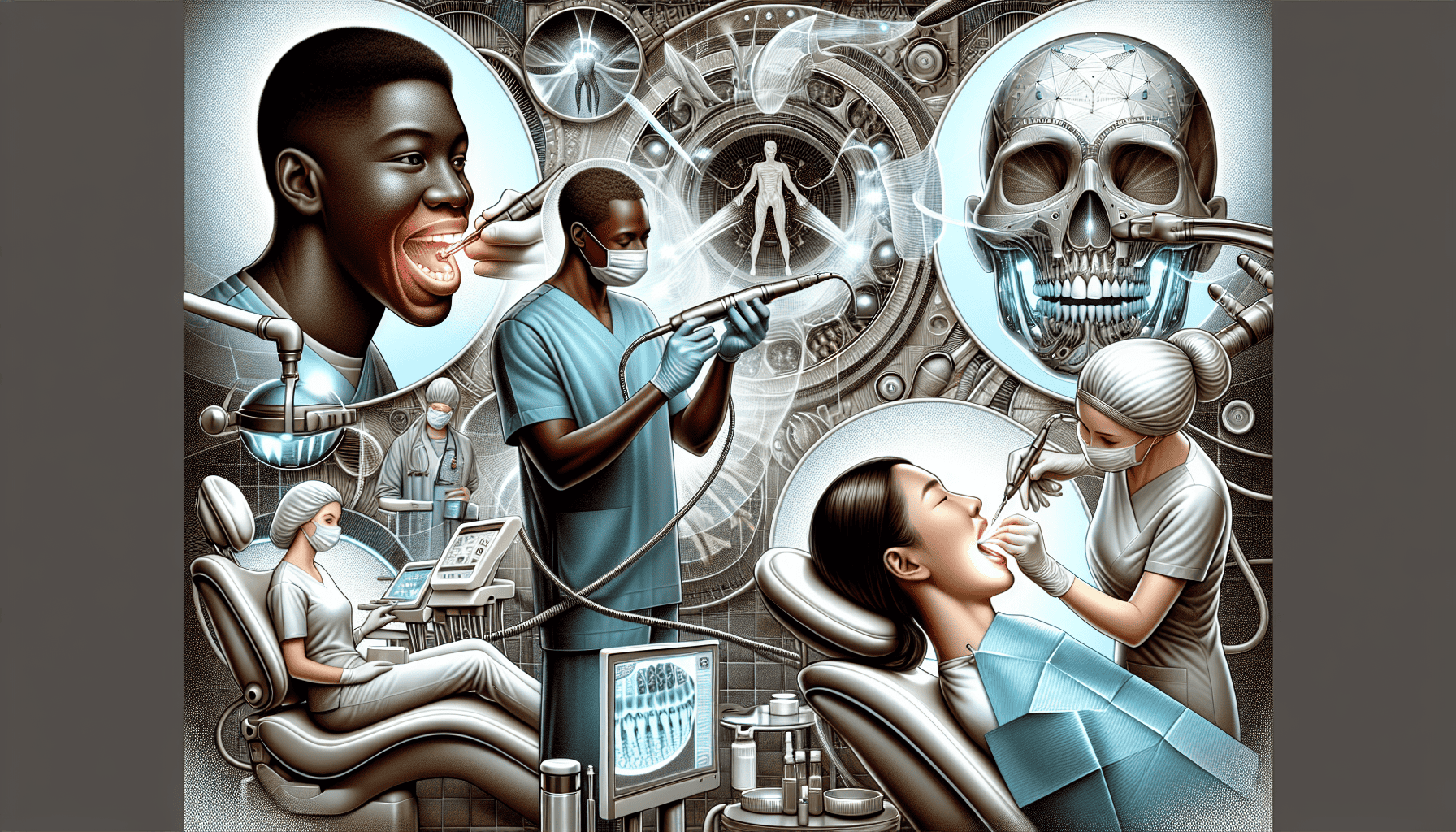
Ozone Therapy: Harnessing Nature’s Disinfectant
One such advanced treatment is ozone therapy, a natural and non-invasive therapy used to address various dental issues. An ozone generator machine turns oxygen molecules into ozone gas, which is then applied to dental issues, effectively oxidizing and eliminating harmful microbes.
Ozone therapy acts as a powerful antimicrobial agent, treating gum disease and oral infections using water and oxygen. The ozone gas can penetrate areas below the gum line where disinfectants or antibiotics cannot reach, effectively killing pathogens and decreasing tooth sensitivity without invasive procedures. It’s nature’s disinfectant, harnessed for your dental health.
Ceramic Implants: The Biocompatible Choice for Replacing Missing Teeth
When it comes to replacing missing teeth, ceramic implants are a popular choice due to their biocompatibility and aesthetic appeal. Patients like Ron Cummings report magnificent results with these implants, highlighting their compatibility with the body and their natural look.
The ceramic implant procedure involves implantation followed by a crown, offering a high-quality solution to replace missing teeth and enhancing the patient’s smile and confidence. Ceramic implants are also know as zirconia dental implants.
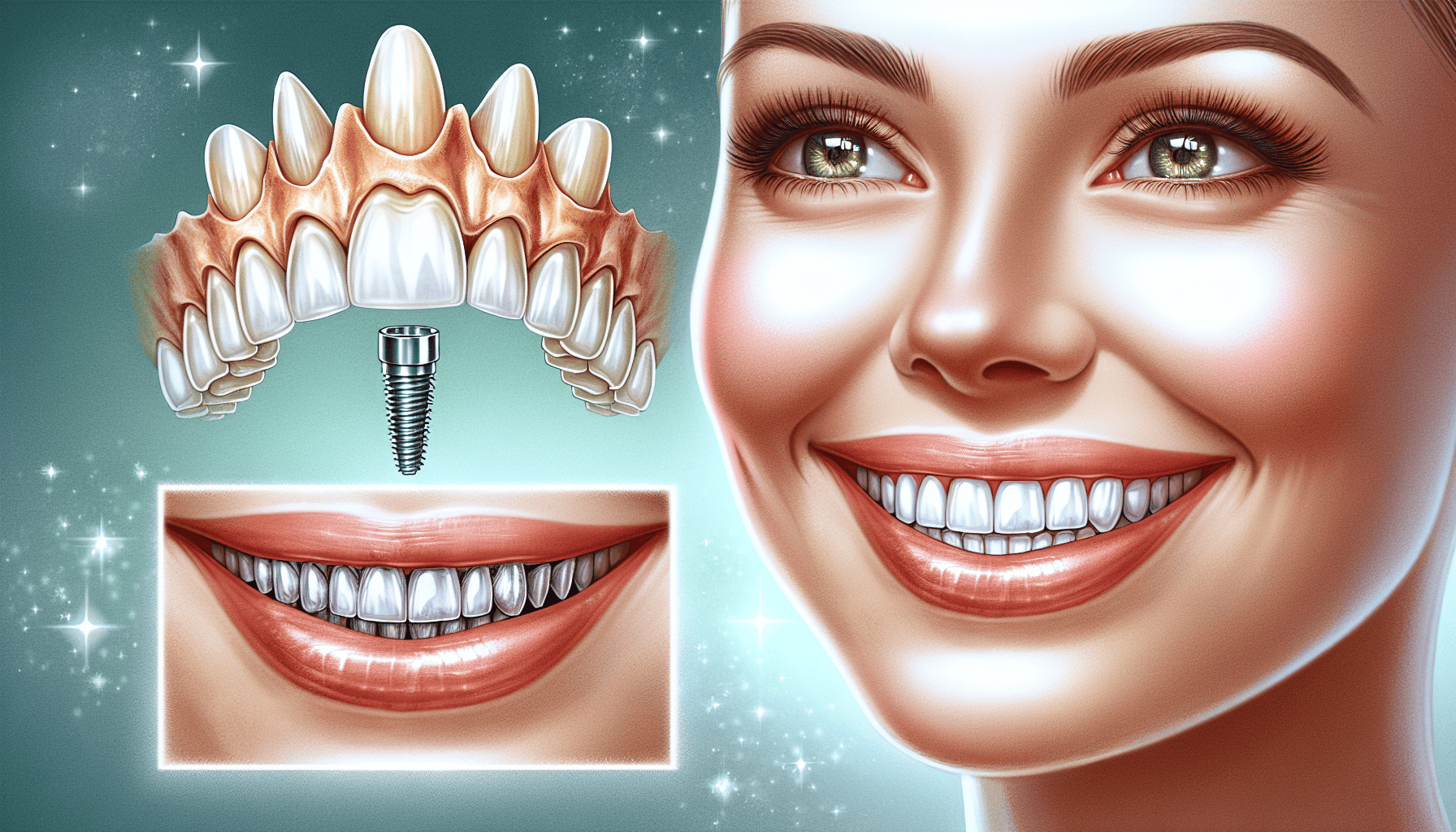
Biological Dentistry Addresses the Root Causes of Dental Problems
Unlike traditional dentistry, which primarily addresses oral symptoms as they occur, biological dentistry takes a more comprehensive approach. It focuses on investigating and determining the root cause of dental issues, rather than merely addressing the surface symptoms.
This approach to dentistry is anchored in a philosophy that stresses the use of non-toxic materials and the elimination of diseases and infections at their source. In essence, it’s not about just patching up the problem; it’s about digging deep to find the root cause and addressing that, all while considering the treatments’ impacts on the body’s overall health.
Integrating Nutrition and Lifestyle into Dental Health Plans
Biological dentistry is more than just dental procedures; it’s a lifestyle. Biological dentists integrate holistic principles in dental care by focusing on both the treatment and prevention of diseases, emphasizing nutritional counseling and lifestyle adjustments to enhance overall well-being.
Dietary patterns like the Mediterranean and plant-based diets are incorporated into dental health plans due to their efficacy in lowering the risk of inflammatory diseases. Nutritional counseling is used as an intervention strategy for oral health problems, including the promotion of micronutrient-rich diets to mitigate the risk of oral cancers. This integration of nutrition and lifestyle into dental health plans is a testament to the comprehensive and functional oral care that biological dental practices provide.
The Biggest Difference: Comparing Biological and Traditional Dentistry
The biggest difference between biological and traditional dentistry lies in the holistic approach, alternative treatments, and the focus on overall well-being rather than just oral symptoms. Biological dentists, for instance, are cautious about root canal procedures due to potential long-term health risks and prefer to explore alternative treatments to avoid them.
One of these alternative treatments is ozone therapy, which is used instead of traditional chemical disinfectants or antibiotics for endodontic treatments. The hesitance towards root canals among biological dentists stems from concerns around the procedure’s implications for whole-body health.
Ultimately, the holistic approach of biological dentistry encompasses not just dental health but the larger context of the patient’s overall well-being, informing their treatment practices. It’s a paradigm shift that is drawing more and more patients towards biological dentistry.
Creating a Stress-Free Experience in Dental Care
Going to the dentist can be stressful for many, but biological dentists strive to create a different kind of dental experience. A stress-free dental experience is considered a foundational aspect of biological dentistry practice.
Holistic dentists design their office environment to be calming, aimed at mitigating the impact of stress on oral health. A patient-centered approach and the fostering of open communication between dentist and patient are key strategies used to reduce stress.
Recognizing the negative influence of stress on oral health, holistic dentists focus on creating a positive dental care experience.
Why Patients Are Turning to Biological Dentists for Their Oral Medicine Needs
So why are patients turning to biological dentists for their oral medicine needs? It’s because these dentists offer more than just dental treatment. Patients are attracted to their holistic approach, which considers their overall health in addition to oral symptoms.
The health benefits credited to biological dentistry by patients include an emphasis on overall bodily health, the use of biocompatible ceramic implants, and support for issues like snoring. It’s an approach that not only treats but also cares for the patient, offering a comprehensive and nurturing path to health.
Summary
In a world where health is increasingly understood as a holistic concept, biological dentistry stands as a pioneering approach. With a focus on biocompatible materials, overall health, and minimally invasive practices, biological dentistry offers a comprehensive, caring, and innovative path to dental health. By integrating nutrition and lifestyle into dental health plans, providing advanced treatments, and creating a stress-free dental experience, biological dentists embody the guardians of your whole body health. Are you ready to take the first step towards this holistic dental journey?
Frequently Asked Questions
Biological dentistry focuses on using biocompatible materials and minimizing invasive practices to prioritize overall health and conserve tooth structure.
Biocompatibility testing in biological dentistry, like the Clifford and MELISA tests, is crucial for ensuring that dental materials do not cause adverse reactions specific to an individual’s biological makeup.
Mercury-free and metal-free restorations offer a safer and more natural-looking alternative to traditional amalgam fillings, while also preventing leakage and being environmentally friendly.
Biological dentistry addresses dental problems by identifying root causes and using non-toxic materials to eliminate diseases and infections at their source. This focuses on treating the underlying issues rather than just the symptoms.
Patients are turning to biological dentists because of the holistic approach they offer, which considers overall health alongside oral health. This approach includes using biocompatible ceramic implants and addressing issues like snoring, supporting the patient’s overall bodily health.

 (301) 421 1996
(301) 421 1996 burtonsvillesmiles@gmail.com
burtonsvillesmiles@gmail.com